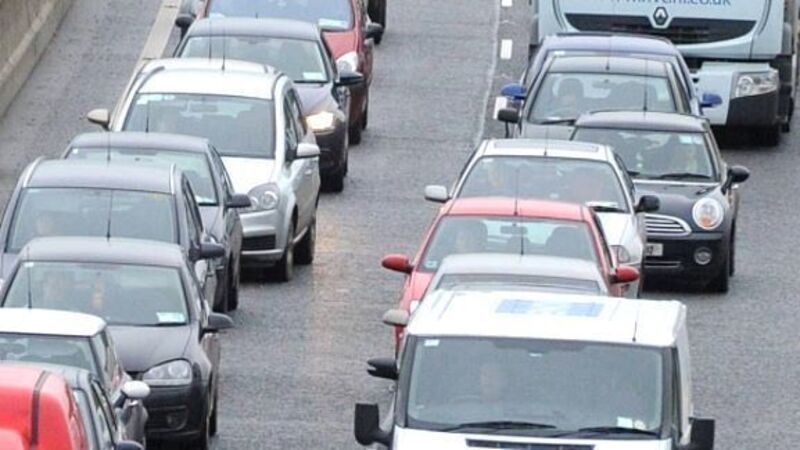Brussels charges to tackle traffic turmoil

FOR two years running, Brussels has been named the most congested city in Europe, a mark of shame for the capital that guides Europe’s environment and transport policies.
The disgrace has, however, had the effect of uniting Belgium’s environmentalist Green Party, centre-right rivals N-VA, and business and motoring groups in a call for a solution whose time may finally have come — charging drivers for distance travelled. And tests have already begun.
















